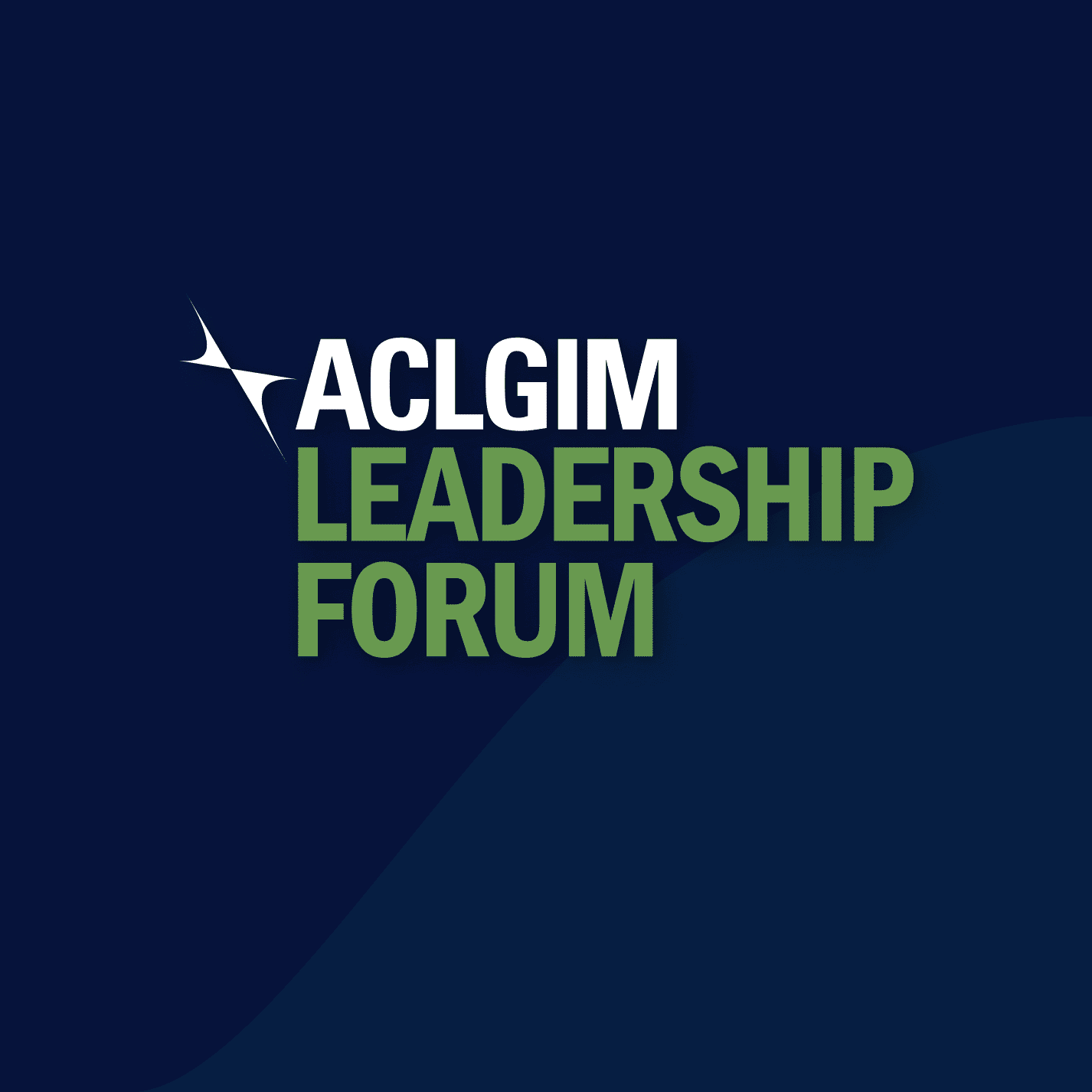As 2022 ended and the New Year begins, I reflect fondly on my time as an SGIM Unified Leadership Training for Diversity (UNLTD) Fellow. I came in with an open mind and expectations to learn about leadership, expand my network and hone and sharpen skills to maximize my effectiveness as a leader.
I have gained more from this experience than expected at the outset. This fellowship afforded me the opportunity to find value in peer mentorship with my co-fellow. Early on, we both realized that the way to grow a friendship and learn from each other was to meet regularly outside the schedule of the fellowship curriculum. We began to meet once to twice a month (and sometimes more often!) to explore books outside of the required reading for the program, including several books around bias in medicine, diversity in leadership, and mitigating systemic racism in medicine. We had a multitude of discussions on what it means to be anti-racist, to be an ally, and to teach and mentor learners in a supportive and inclusive learning environment for all while modeling the skills that we were learning in this program. The UNLTD fellowship helped us become better and more inclusive leaders.
Before starting the fellowship, what did I want to get out of UNLTD? My two initial goals were to develop better negotiation skills and how to effectively delegate tasks—specifically how to help colleagues advance their careers, complete their work effectively, and build accountability without me picking up too much of the slack, and essentially doing the work.
I am still a work in progress in both of my previously stated goals; but, on a scale of 1 to 10, I went from a 1/10 on negotiation to 8/10 on negotiation. My mentor’s feedback was particularly helpful in giving me advice on how to better negotiate. Given this was a skill I wanted to improve upon, I chose the second book that we read together, Never Split the Difference: Negotiating as if Your Life Depended on It by Chris Voss. The book was tremendously insightful in teaching me negotiation skills from a former hostage negotiator’s point of view, skills that I am using frequently now. I now have a better understanding of the goals of negotiation and which skills are pertinent to possess during the negotiation process: being an astute listener, slow to answer, and being willing to walk away. Additionally, I learned how to find common ground in the negotiation process. These skills have been particularly helpful this year in several situations related to my leadership roles.
In terms of delegation, I am now an 8/10, previously being a 5/10. When I delegate, I clearly state the expectations and timelines and do not waiver. I ask for volunteers first, giving an opportunity to those who might be genuinely interested first and already have buy-in, and then make sure to thank them for their service along the way for any win large or small.
In the end, I confidently report that I have a clear picture now of the tools needed to succeed as a GIM leader and what are my strengths, what I bring to the table, and how to leverage my strengths. I am also more aware of those leadership skills that need improvement. Additionally, I now have a network of people and resources for mentorship, sponsorship and advice as the leadership roles and opportunities come along to mentor me along the way. I am much appreciative for this experience!
I look forward to giving back in the future as an UNLTD Mentor!
Issue
Topic
ACLGIM, Advocacy, Health Equity, Leadership, Administration, & Career Planning, Medical Education, Social Justice
Author Descriptions
Dr. Henry (tracey.l.henry@emory.edu) is an associate professor of medicine, the DEI and Racial Advocacy Curriculum Thread Director and Co-Director of the Health Equity, Advocacy and Policy Track at Emory University School of Medicine in Atlanta, Georgia. She is the Assistant Health Director for the Grady Primary Care Center and was a SGIM UNLTD Fellow from 2021 to 2022
Share
Related Articles
ACLGIM LEAD: Mentee and Mentor Reflections
The ACLGIM LEAD program is designed to promote the development of leadership…
Yes, You Can (Have a Career in Comanagement)!
I started my career in “comanagement” when I was 12 years old…


